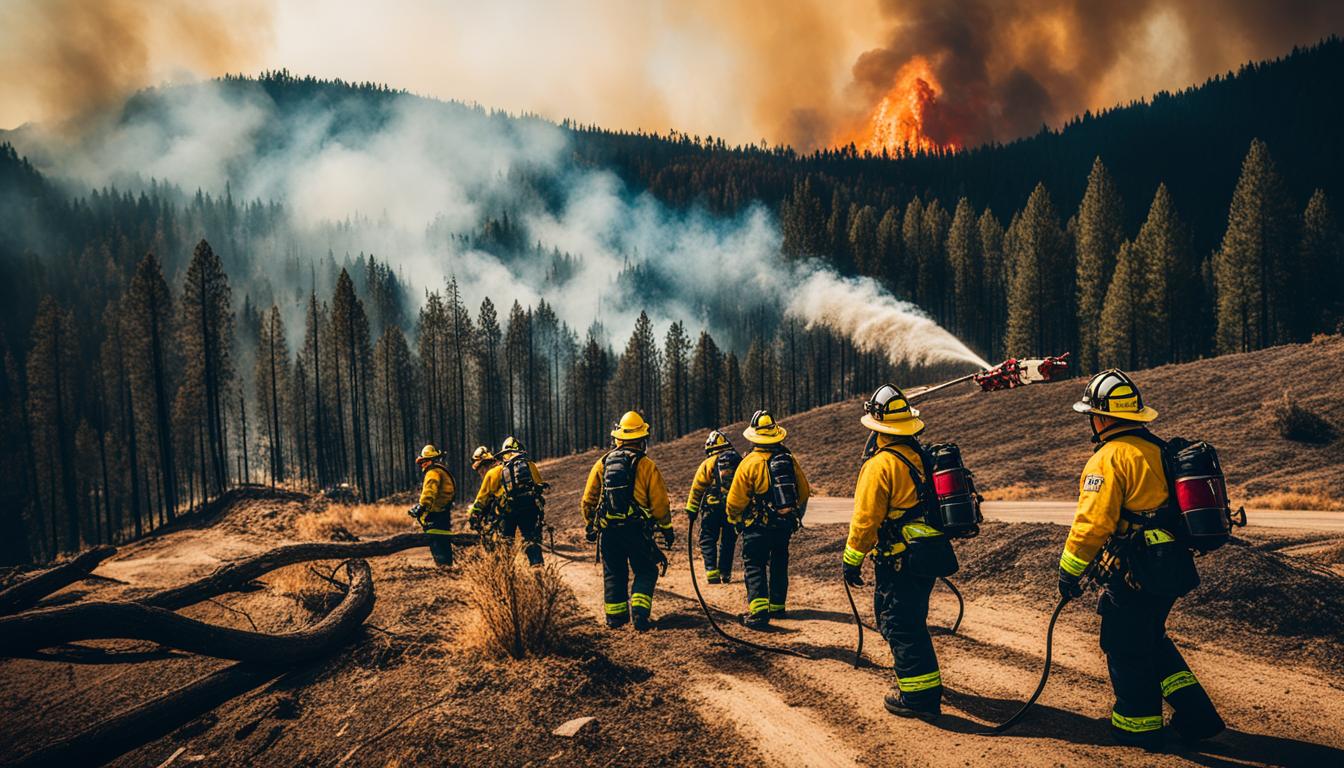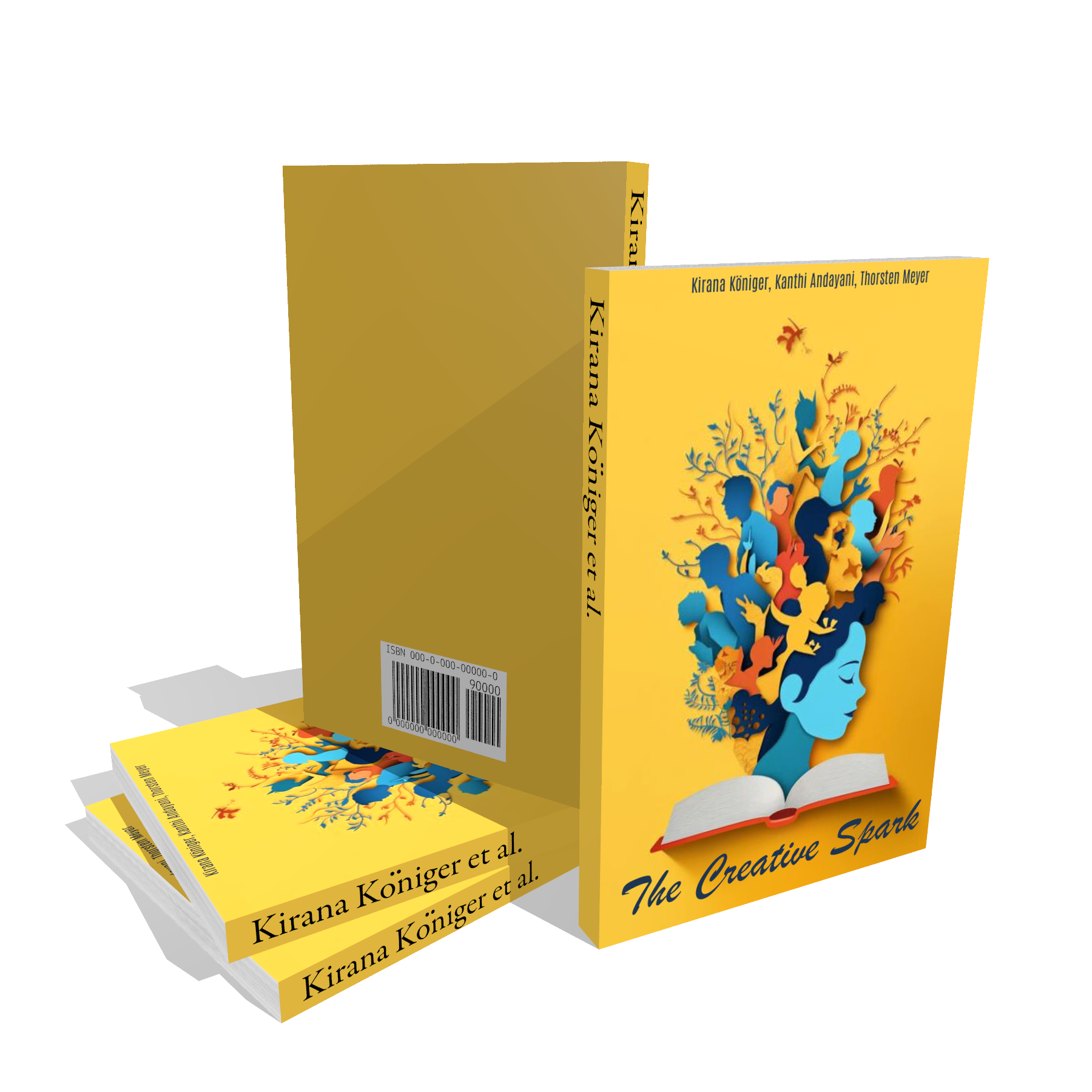The heightened tensions of the new Cold War bring trouble for Africa, impacting its diplomacy, resource competition, regional conflicts, security challenges, and economic stability. African nations navigate between Western and Eastern influences, risking becoming pawns in global power games. Major global powers invest in Africa, reshaping its economic and political landscapes, while security threats influenced by external powers loom large. China's economic dominance alters Africa's geopolitical terrain, posing challenges for Western influence. Humanitarian crises worsen, hindering aid delivery and increasing regional conflicts. Mitigating risks through security partnerships, economic diversification, and diplomatic neutrality is essential. The implications for African development are significant, hinting at multifaceted challenges ahead.
Key Takeaways
- African diplomacy strained by global power competition.
- Intensified resource competition impacting African development.
- External powers exacerbating regional conflicts in Africa.
- Complex security challenges influenced by China and Russia.
- Economic instability looms with fluctuating investments and resource access.
Impact on African Diplomacy
The escalating new cold war is reshaping African diplomacy as nations maneuver between Western and Eastern influences. With global power competition intensifying, African governments find themselves in a delicate position, seeking to balance relationships with traditional Western allies and emerging Eastern partners like China and Russia. This tug-of-war has significant implications for African diplomacy, particularly in areas concerning democracy and human rights.
As the United States and China vie for supremacy on the global stage, African nations are caught in the middle, forced to carefully consider the potential repercussions of aligning with either side. The competition between these two superpowers has led to increased instability in Africa, complicating efforts to uphold democratic values and human rights standards. African governments are facing challenges in maintaining their autonomy and sovereignty while navigating the complex web of geopolitical interests at play in the region. This delicate dance highlights the need for African nations to assert their own agendas amidst the shifting sands of international relations.
Resource Competition in Africa
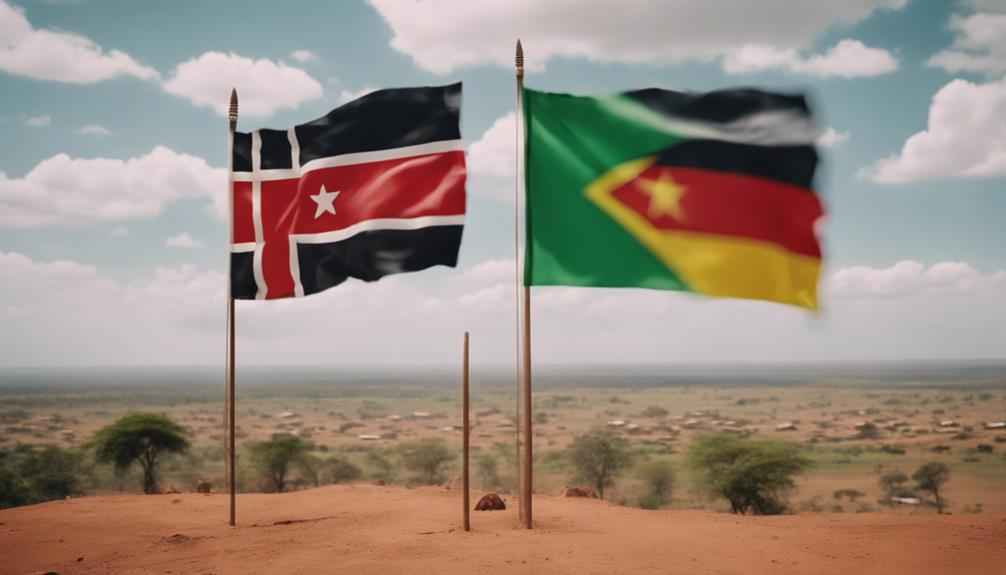
Resource competition in Africa is intensifying as major global powers like Russia and China increasingly invest in shaping the economic and political landscapes of resource-rich African nations. These nations have become battlegrounds where major players vie for access to valuable resources.
The increased investments from China and Russia in Africa are markedly impacting the continent's development trajectory. With their eyes set on the natural wealth present in African nations, the competition among global powers is reaching new heights. This heightened rivalry for resources is part of the broader dynamics of the new cold war, where securing access to critical resources is a strategic imperative for major powers.
As African countries navigate these complex resource competition dynamics, they face the challenge of balancing economic opportunities with maintaining their independence and sovereignty. The outcome of this competition will have far-reaching implications for Africa's sustainable development and future stability.
Regional Conflicts Escalation
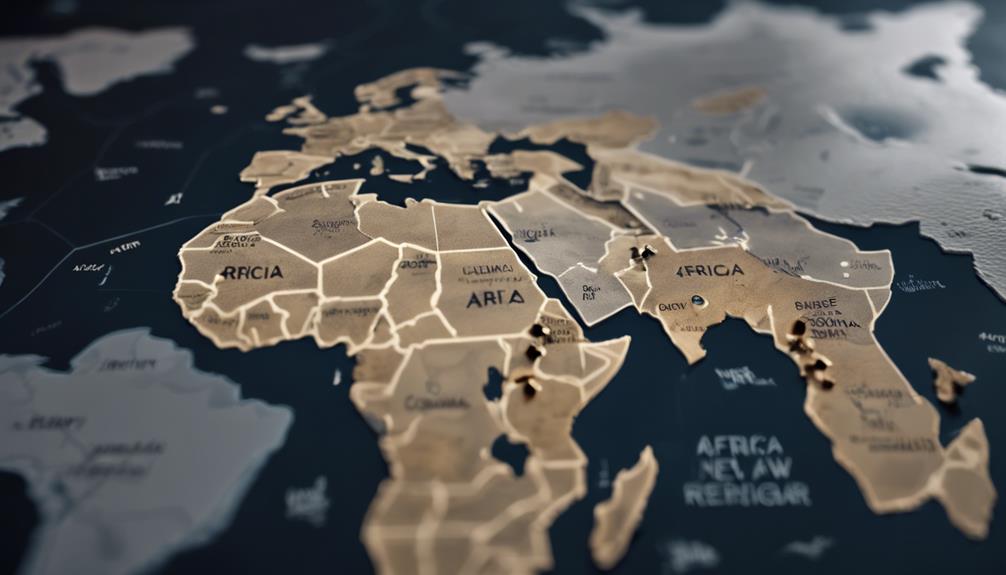
Amid escalating regional conflicts in Africa driven by the new cold war dynamics, external powers like Russia and China are greatly impacting stability and peace on the continent. The involvement of these external actors in African conflicts exacerbates tensions, complicates resolution efforts, and risks turning African nations into proxy battlegrounds for global powers.
As a result, violence and humanitarian crises intensify, with increased arms sales and military support from external actors fueling regional conflicts and prolonging the suffering of local populations. Geopolitical rivalries playing out in the region further threaten to worsen African conflicts, leading to increased displacement, loss of life, and overall instability.
- Tensions rise as external powers deepen involvement in African conflicts.
- African nations face the risk of becoming pawns in global power struggles.
- Humanitarian crises worsen as violence escalates due to external interference.
- Protracted suffering for local populations as external arms sales fuel regional conflicts.
Security Challenges for African Nations
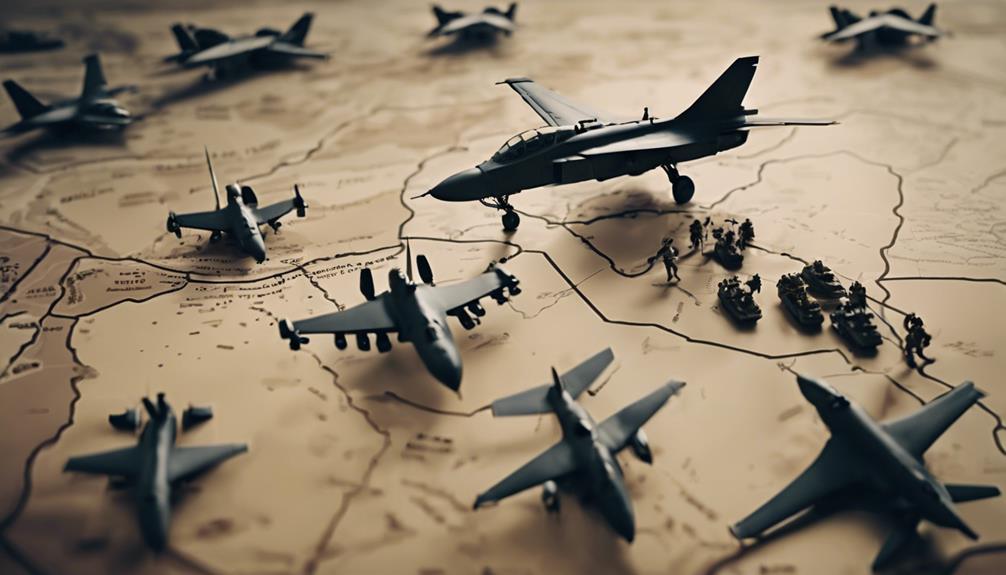
Security challenges loom large for African nations amidst the escalating global power competition. The continent faces a complex web of security threats stemming from various sources, including the influence of external powers such as China and Russia, as well as the actions of Africa's dictators who may seek alliances to maintain power in the face of shifting geopolitical dynamics. These security challenges are exacerbated by the limited support for democratic governance and human rights from Western nations, potentially emboldening oppressive regimes. As geopolitical rivalries play out in Africa, the risk of conflict and instability grows, posing significant concerns for the region's stability and development.
To illustrate the multifaceted nature of the security challenges facing African nations, the table below outlines key factors contributing to the complex security landscape in the continent:
| Security Challenges for African Nations | ||
|---|---|---|
| Factors | Impact | Implications |
| Rising Chinese investments | Increased influence | Economic and political shifts |
| Russian presence | Strategic interests | Military cooperation |
| African dictators' alliances | Power consolidation | Human rights violations |
Superpower Influence in Africa
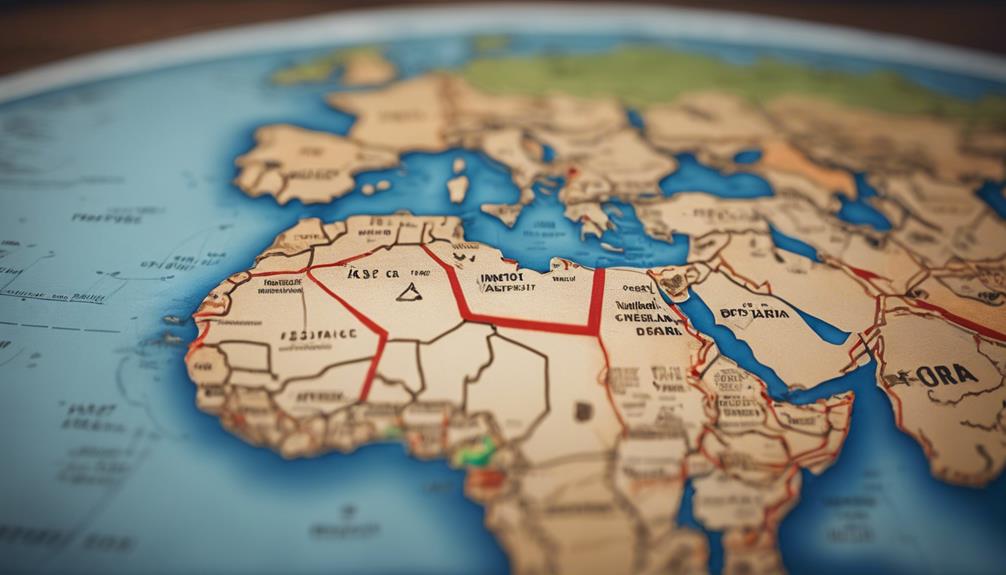
China's increasing economic dominance in Africa is reshaping the continent's geopolitical landscape. As the top economic partner, China's influence is felt across various sectors in Africa.
- Chinese investments in African infrastructure projects have notably improved living standards, creating new opportunities for economic growth.
- The financial assistance provided by China to African leaders has led to the establishment of networks of patronage, potentially enabling personal enrichment among the political elite.
- Unlike Western financiers, Chinese investments in Africa often lack the anticorruption safeguards, raising concerns about transparency and accountability.
- Additionally, China's support for sympathetic African politicians undermines the influence of Western-led international institutions and norms in the region.
This increasing superpower influence in Africa has sparked debates about the long-term implications for the continent's development and governance. The growing presence of China in Africa's economic landscape has the potential to shift power dynamics and influence decision-making processes at both national and regional levels.
Implications for African Development
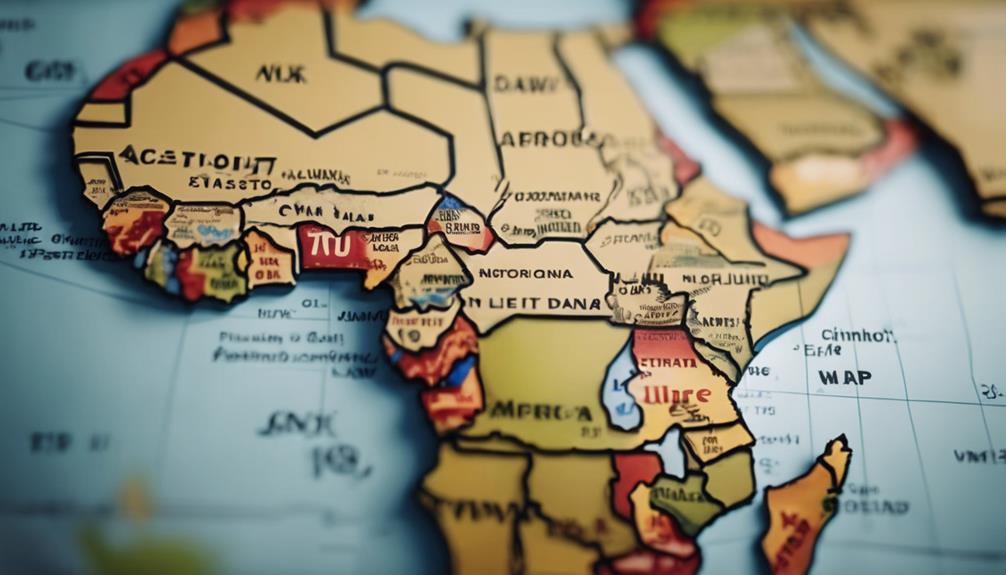
The evolving global power dynamics in the new Cold War era are casting shadows over African development prospects. The continent's progress and economic growth face potential obstacles due to increased instability stemming from the competition between major powers.
African nations are at risk of encountering difficulties in securing the necessary backing for their development initiatives amidst the geopolitical rivalries. The focus and resources of influential countries like the US, China, and Russia may be diverted away from African development, posing challenges for sustainable growth.
African countries find themselves in a complex web of geopolitical relationships, needing to navigate carefully to secure access to vital resources and investments essential for their development. As the new Cold War unfolds, African development stands at a crossroads, where the shifting global power dynamics have the potential to either advance or impede the continent's progress towards prosperity and stability.
Humanitarian Concerns in Africa
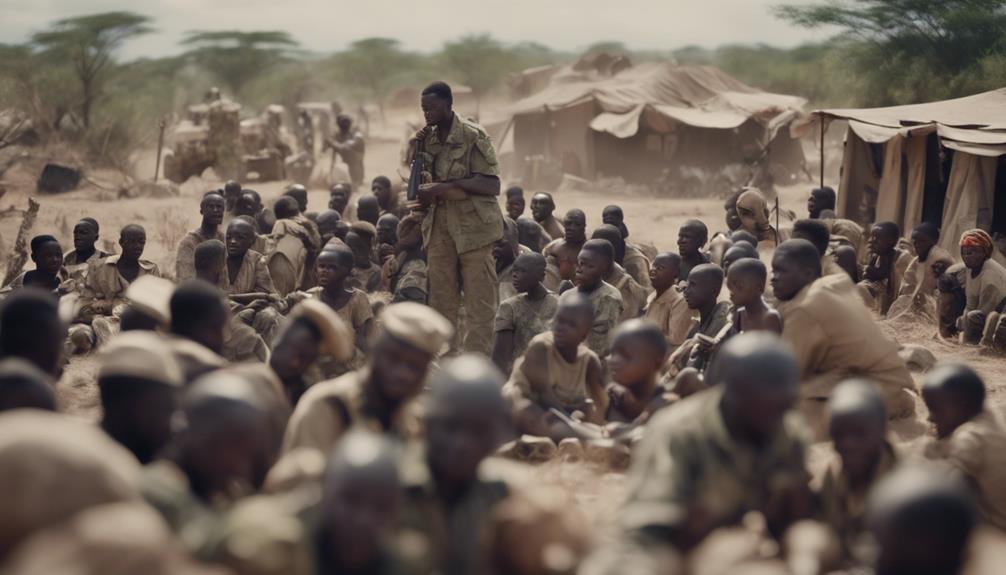
Amidst the escalating global power struggles, humanitarian concerns in Africa are gaining increasing attention. The continent is facing a humanitarian crisis exacerbated by the instability brought about by the new Cold War dynamics.
African nations are struggling to cope with the growing humanitarian needs amidst the fierce global power competition. The impact of this competition on aid delivery and humanitarian assistance in Africa is a significant worry for international organizations.
The risk of heightened regional conflicts and the displacement of populations looms large as geopolitical tensions rise. The international community is closely monitoring the humanitarian situations in Africa, recognizing the vulnerabilities that have emerged due to the new Cold War implications.
- Humanitarian needs in Africa are reaching critical levels.
- Global power competition is hindering the effective delivery of aid.
- African nations are grappling with the challenges of providing humanitarian assistance.
- The threat of increased regional conflicts and population displacement is a major concern.
African Economies at Risk
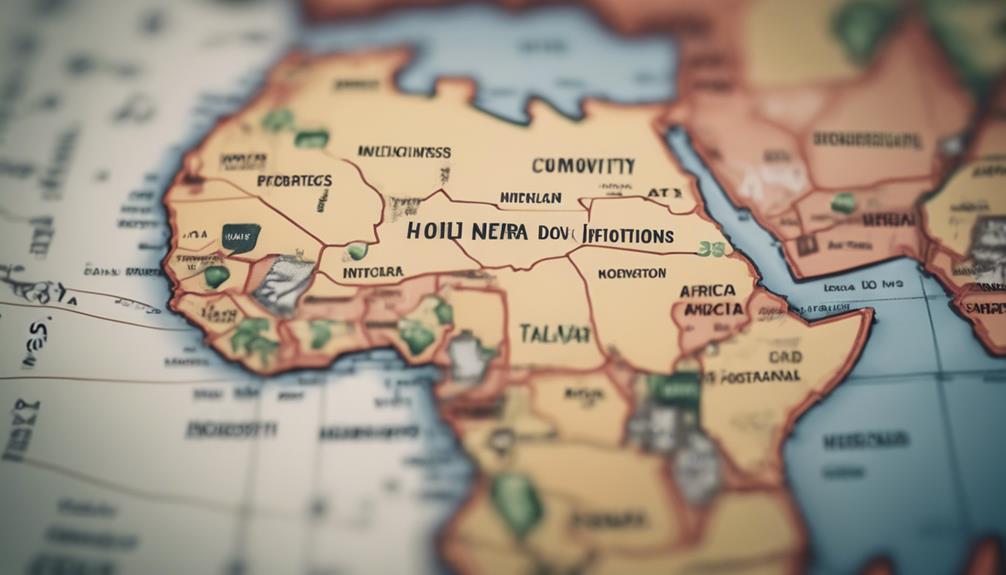
African economies are facing looming economic instability, with foreign investment expected to decline and trade disruptions on the horizon.
The increased competition and power struggles among major global players like the US, China, and Russia could have significant implications for African nations reliant on these trade relationships.
Fluctuations in investments, aid, and access to vital resources and markets may lead to economic uncertainty and challenges, impacting the development and stability of African economies.
Economic Instability Looming
With global powers vying for influence in Africa, the looming economic instability threatens to hinder growth and development in the region. The competition between major players like the US, China, and Russia is putting African economies at risk, leading to potential fluctuations in investments and funding due to shifting geopolitical alliances. Uncertainty stemming from the new Cold War dynamics could impede progress and create economic challenges for African nations.
To paint a vivid picture:
- African markets fluctuate as global powers play their economic cards.
- Investment flows become unpredictable, mirroring the changing alliances.
- African nations navigate through a maze of economic uncertainties.
- The growth trajectory of African economies faces disruption amidst global power struggles.
These factors highlight the delicate balance African countries must maintain in the face of economic volatility caused by the competing interests of powerful nations.
Foreign Investment Declines
As foreign investment declines in Africa due to the new cold war dynamics, the region's economies are increasingly at risk. The competition among major global powers like the US, China, and Russia for strategic influence is diverting foreign investment away from African countries. This redirection of funds could lead to reduced economic growth and hinder the development progress that many nations on the continent have been working towards.
The instability brought about by the new cold war is creating a sense of uncertainty that deters foreign investors from engaging in African markets. Countries in Africa that heavily rely on foreign investment to drive their economies are particularly vulnerable to the changing global geopolitical landscape. The decreasing flow of foreign funds into the region poses a significant threat to the stability and progress of African economies, requiring strategic responses to mitigate the risks associated with this decline in investment.
Trade Disruptions Expected
Amid the shifting global power dynamics, disruptions in trade are looming over the economies of the region. African economies are at risk of facing significant challenges due to the potential trade disruptions brought on by the escalating tensions between global powers.
The following factors contribute to the concerns surrounding the impact on African economies:
- Uncertainties in trade relationships: African nations heavily reliant on trade with Russia or China may experience economic difficulties as these relationships come under strain.
- Instability and competition: Increased instability and competition between global powers could lead to changes in trade patterns, affecting African exports and imports.
- Policy changes: The new cold war may prompt alterations in trade policies and agreements, introducing further uncertainties for African economies.
- Economic consequences: Shifts in global trade dynamics could result in adverse effects on the overall economic stability of African nations.
Strategies for African Countries
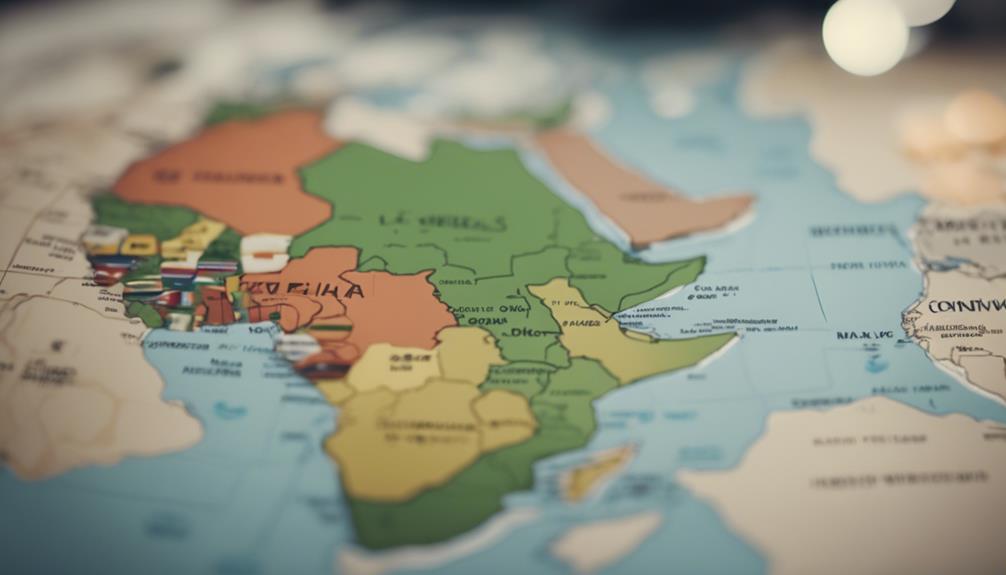
African countries are strategizing to navigate the complexities of the new Cold War. They are focusing on regional security partnerships, economic diversification initiatives, and adopting a diplomatic neutrality stance.
Regional Security Partnerships
Exploring avenues for regional security partnerships, African countries are actively seeking to bolster their cooperation in intelligence sharing and defense strategies. This collaboration is aimed at enhancing the capabilities of African security forces to effectively navigate the complexities brought about by the involvement of global powers like the United States, China, and Russia in the region.
To achieve this, African nations are considering various strategies, including:
- Conducting joint military exercises to improve interoperability and readiness.
- Negotiating defense agreements to collectively address security threats.
- Sharing intelligence to enhance early warning systems and counterterrorism efforts.
- Establishing frameworks for coordinated peacekeeping missions and conflict resolution initiatives.
These initiatives are important for strengthening regional security partnerships in Africa, enabling countries to counter external interference, maintain stability, and safeguard their interests in the face of escalating geopolitical tensions.
Economic Diversification Initiatives
Aiming to reduce reliance on specific sectors like oil and minerals, African countries are actively implementing economic diversification initiatives. These strategies involve investing in agriculture, manufacturing, technology, renewable energy, and tourism to create a more balanced economy.
The goal of economic diversification is to promote sustainable growth, decrease vulnerability to commodity price fluctuations, and generate job opportunities across various sectors. To achieve this, African nations are working to attract foreign investment, improve infrastructure, and enhance skills to drive their economic diversification efforts.
Successful implementation of economic diversification can lead to increased resilience, foster innovation, and contribute to overall economic development in Africa. By diversifying their economies, African countries aim to build a more stable foundation for growth and reduce their dependence on a limited range of industries, paving the way for a more prosperous and sustainable future.
Diplomatic Neutrality Stance
In maneuvering through the complexities of the new cold war dynamics, African countries can strategically adopt diplomatic neutrality. This approach enables African nations to steer clear of entanglements in the crossfire of global power competition while preserving their autonomy and independence.
By embracing diplomatic neutrality, African countries can engage with various global powers, seeking support for their development agendas without being coerced into picking sides. This stance acts as a shield, safeguarding African nations from undue pressures to align with specific global powers that may not necessarily have their best interests at heart.
Additionally, by maintaining a neutral position, African countries can concentrate on advancing their own development priorities, fostering stability, and steering clear of unnecessary conflicts that could detract from their progress.
International Community's Role
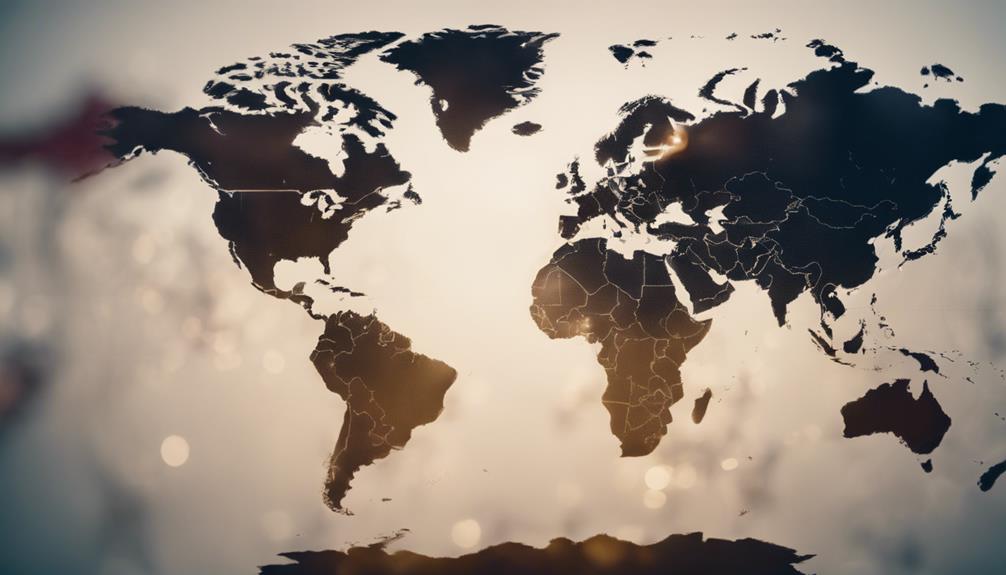
The international community actively engages in monitoring and addressing the impact of the new cold war on Africa. Countries are keenly aware of their national security interests in the region and are working tirelessly through diplomatic efforts to prevent the escalation of conflicts.
International cooperation is vital in this endeavor, with various nations joining forces to promote stability and peace. Calls for peaceful resolutions to the conflicts in Africa are resonating within the international community, emphasizing the importance of averting further destabilization.
Coordination of aid and support for the populations affected by the cold war dynamics in Africa remains a top priority for global actors. Concerns about the wider regional implications are being carefully considered, with a focus on collaborative efforts to mitigate potential risks.
The international community's role in Africa is multifaceted, ranging from conflict prevention to humanitarian assistance, reflecting a collective commitment to addressing the challenges posed by the new cold war.
Frequently Asked Questions
What Effect Did the Cold War Have on Africa?
The Cold War had a significant impact on Africa as governments aligned with either the US or USSR, leading to suppression of democracy and stagnant living standards.
After the Soviet Union's collapse, pressure increased for African governments to adopt democratic norms, resulting in a shift towards democracy by 1995.
This shift led to fewer coups and civil wars, with the promotion of democracy and globalization during the Cold War era lifting millions out of poverty and improving healthcare in Africa.
How Did African Societies Change After the Cold War?
After the Cold War, African societies underwent significant transformations. Many nations embraced democracy, leading to stability and economic growth. Civil wars and coups decreased, improving living conditions. Millions were lifted out of poverty due to economic advancements.
Western influence played a role in promoting democratic values across the continent. Governance and development showed positive trends, indicating progress post-Cold War.
How Did the Cold War Affect South Africa?
The Cold War had a profound impact on South Africa by subjecting the country to international isolation due to apartheid policies.
The United States and Soviet Union backed opposing factions, influencing South Africa's internal conflicts and political landscape.
These dynamics shaped the nation's military alliances and economic ties.
The end of the Cold War prompted the dismantling of apartheid and a shift to democracy, affecting South Africa's unique path towards reconciliation and nation-building.
How Did the Cold War Impact Ghana?
The Cold War greatly impacted Ghana by shaping its economic policies and foreign relations. Ghana's alignment with the Soviet Union resulted in infrastructure development but also increased debt and economic challenges.
This dynamic led to political instability and military coups. The Cold War's influence on Ghana not only affected governance but also created economic dependency and influenced foreign policy decisions, leaving a lasting impact on the country's trajectory.
Conclusion
To sum up, the new cold war poses significant challenges for Africa, impacting diplomacy, resources, security, and economies. As the superpower influence grows, African nations face escalating regional conflicts and humanitarian concerns.
With increased competition and risks, African countries must strategize and seek support from the international community to navigate these turbulent times. Remember, 'United we stand, divided we fall' – a unified approach is essential in addressing the complexities of this evolving geopolitical landscape.

